Improving the health and nutrition of children in Kilifi County
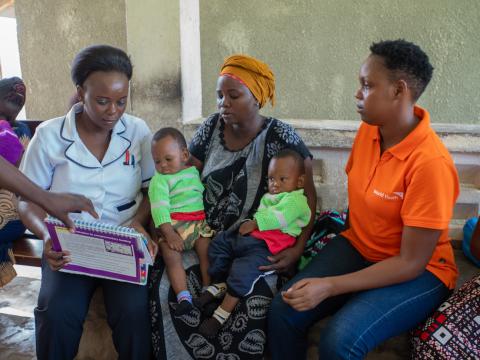
By Peter Mwaura, Communications Specialist, World Vision Kenya
One-year-old Kelvin, full of energy, plays with his siblings as his mother watches. The baby, who brings a lot joy to the family, rarely falls sicks and has attained all recommended development milestones for his age.
Her mother, Zainabu, attributes this success to the knowledge on good health and nutrition practices, which she received through the support of World Vision’s Nutrition Improvement Through Cash Transfer and Health Education (NICHE) project. It is funded by UNICEF through the World Bank in Kilifi, Turkana and Kitui counties, based in Kenya.
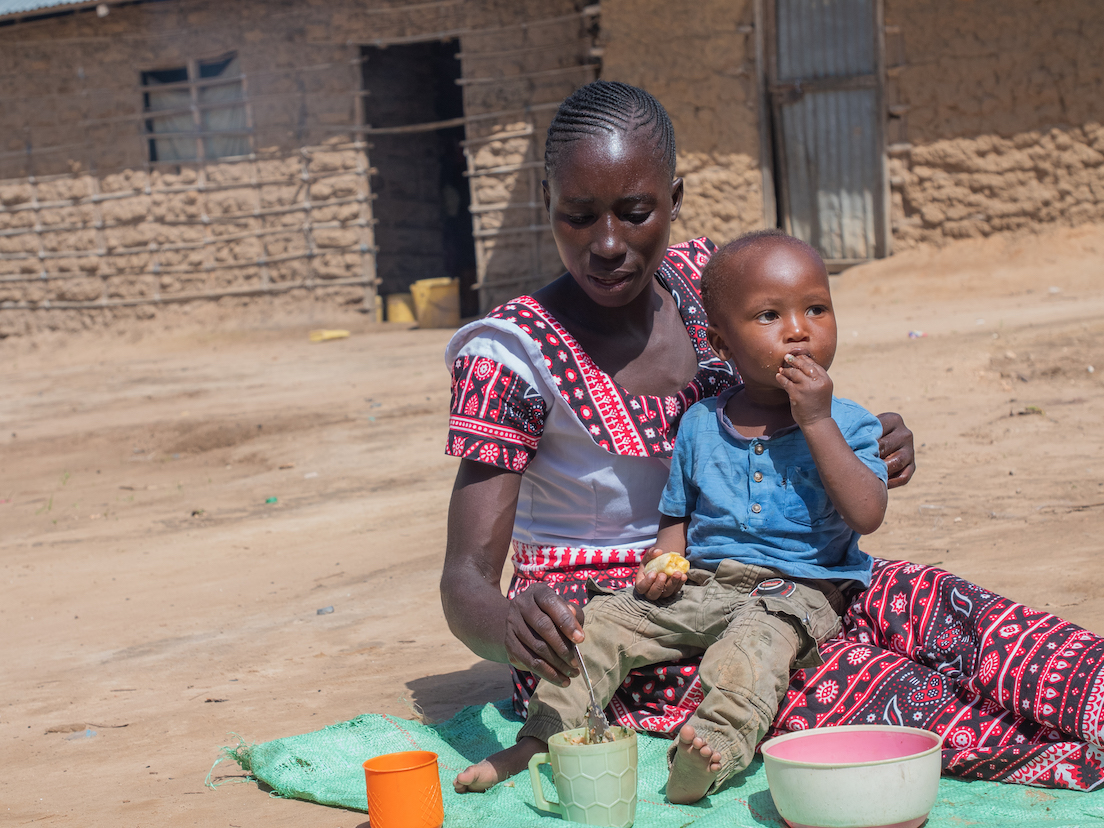
"I am grateful for the training I received. There is a big difference between Kelvin and his older siblings. It has been easier to raise him and he looks healthier and happier. He is also more active and begun walking much faster than my other children,” she says.
Through Community Health Promoters empowered by the NICHE project, Zinabu notes that she was privileged to learn about the importance of giving birth in hospital, as opposed to having home deliveries that are guided by unskilled individuals.
“This is the first step in ensuring that the child is healthy. If you deliver at home and develop complications, the baby can easily die. But in hospitals, there are experts that can save the child,” she says.
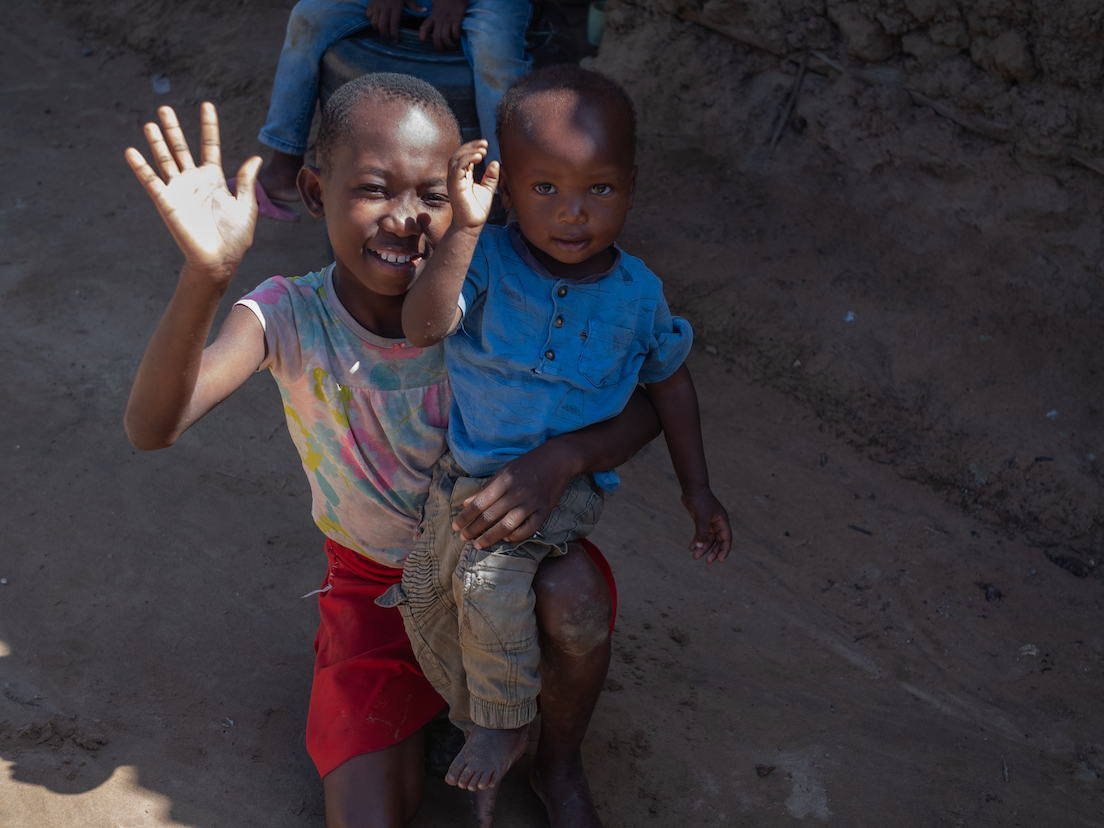
Unlike the past when she would give her children all manner of foods shortly after delivery, Zainabu now understands that it is paramount for mothers to exclusively breastfeed their newborns for the first six months of their lives.
This is a practice that is highly recommended by the World Health Organisation as well as the Ministry of Health in Kenya, since it gives children a healthy start to life.
Breast milk is considered the ideal food for infants. It is safe, clean and contains antibodies, which help protect against many common childhood illnesses.
It also contains sufficient nutrients required for the effective development of children during the first six months.
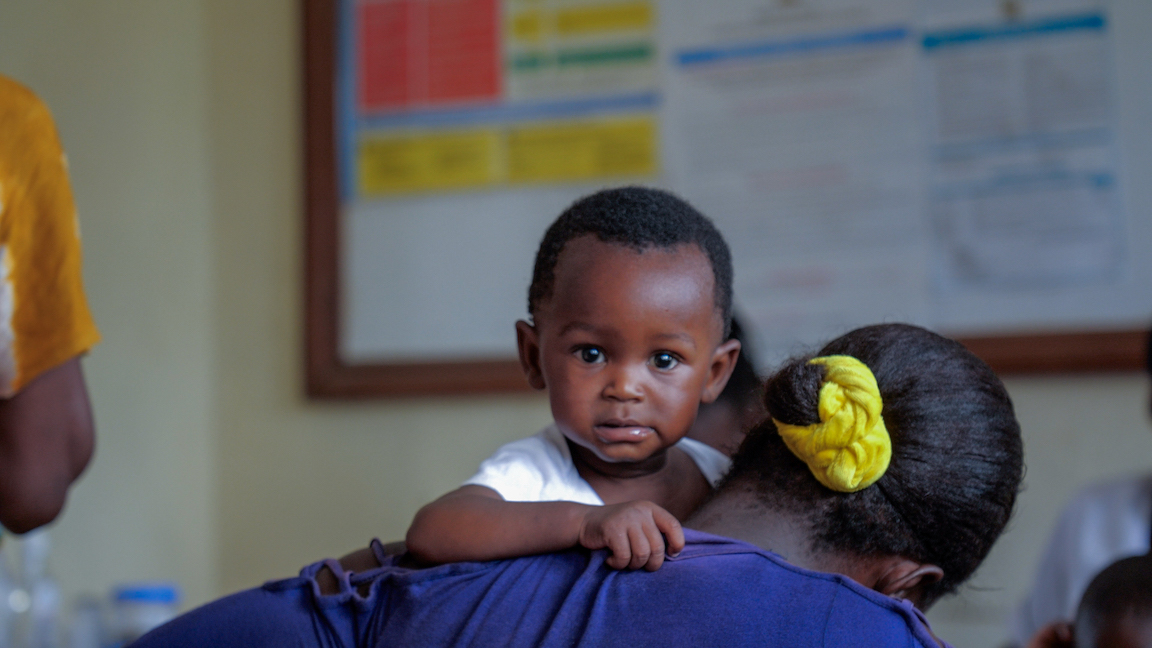
After the six months are over, parents can begin introducing the child to healthy food varieties, while still continuing to breastfeed them until they reach two years.
“I delivered my other children at home because of cultural beliefs. I used to rely on the advice of Traditional Birth Assistants who would sometimes warn me not to breastfeed my child. But now I know that exclusive breastfeeding is important for children,” she says.
Through cash transfers targeting households with children below the age of two years as well as pregnant mothers under the NICHE project, Zainabu among other women in the community were able to establish kitchen gardens and grow food crops that enable them to have a ready supply of nutritious foods for their children.
“I learnt many things I didn’t know before, like the right diet for a child. I learnt that a child needs five food groups. I started farming vegetables and keeping chicken to cater for the dietary diversity of my children. This has also improved my income as I sell surplus vegetables and eggs.”
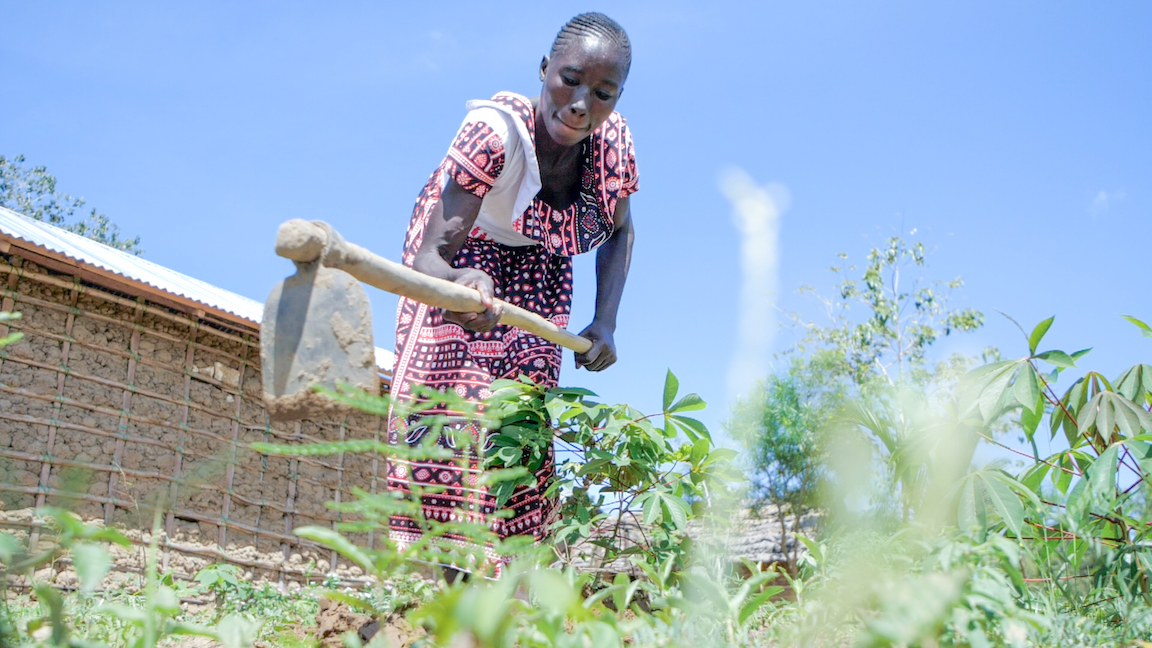
According to the Ministry of Health, Kilifi County has the highest number of stunted children in Kenya, with one in every three children affected. This is an indication of severe malnutrition.
Breastfeeding among other nutrition interventions being implemented under the project, is helping to address this challenge.
Valery, a World Vision Nutrition specialist notes that the organisation trained Community Health Promoters and through household visits, they usually deliver specific nutrition messages to encourage the adoption of optimal health and nutrition practices related to the care of young children and pregnant women in the community.
“There is a positive improvement in the health and well-being of children under two years, as well as pregnant women and caregivers, despite the relatively short time span of the project,” she says.
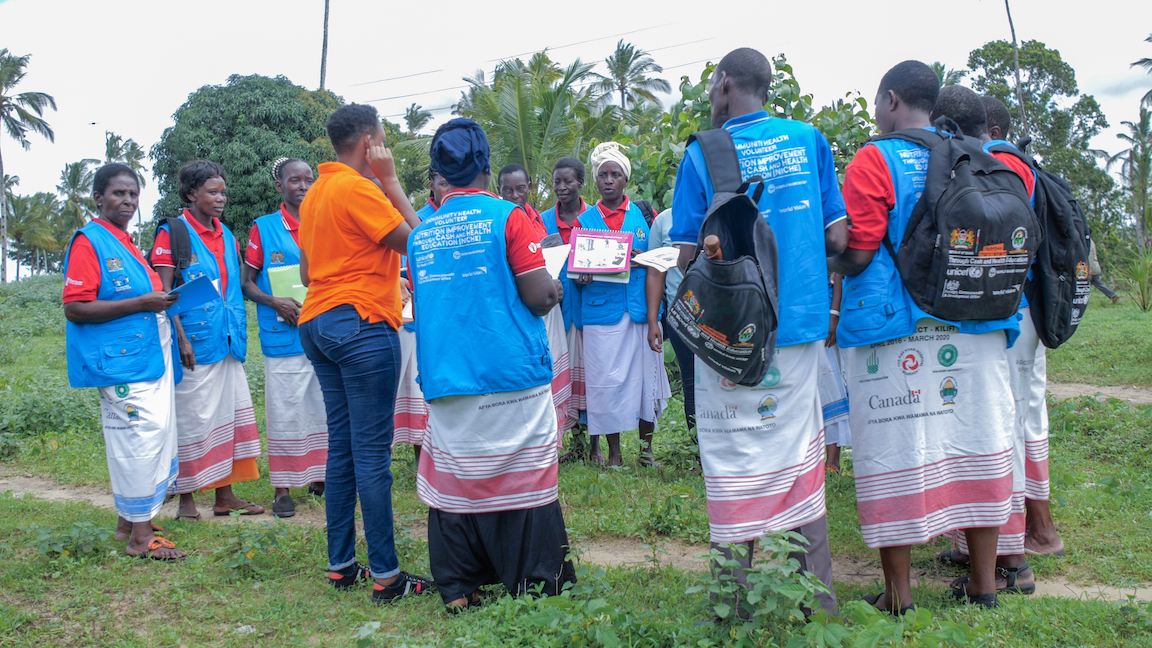
Aside from good nutrition, Zainabu also adheres to good hygiene and sanitation practices as they go a long way in enhancing the health status of children as well as the entire family.
“Before feeding the child, I have to wash my hands with soap and water and also ensure that the utensils used are clean,” she says, while preparing to give Kelvin a nutritious meal comprising of fresh farm vegetables and eggs.
Felistar, one of the Community Health Promoters trained by the project notes that she initially got resistance in the community but she was able to eventually change their mindsets.
One major milestone achieved was the involvement of men in the the health and well-being of their children and families.
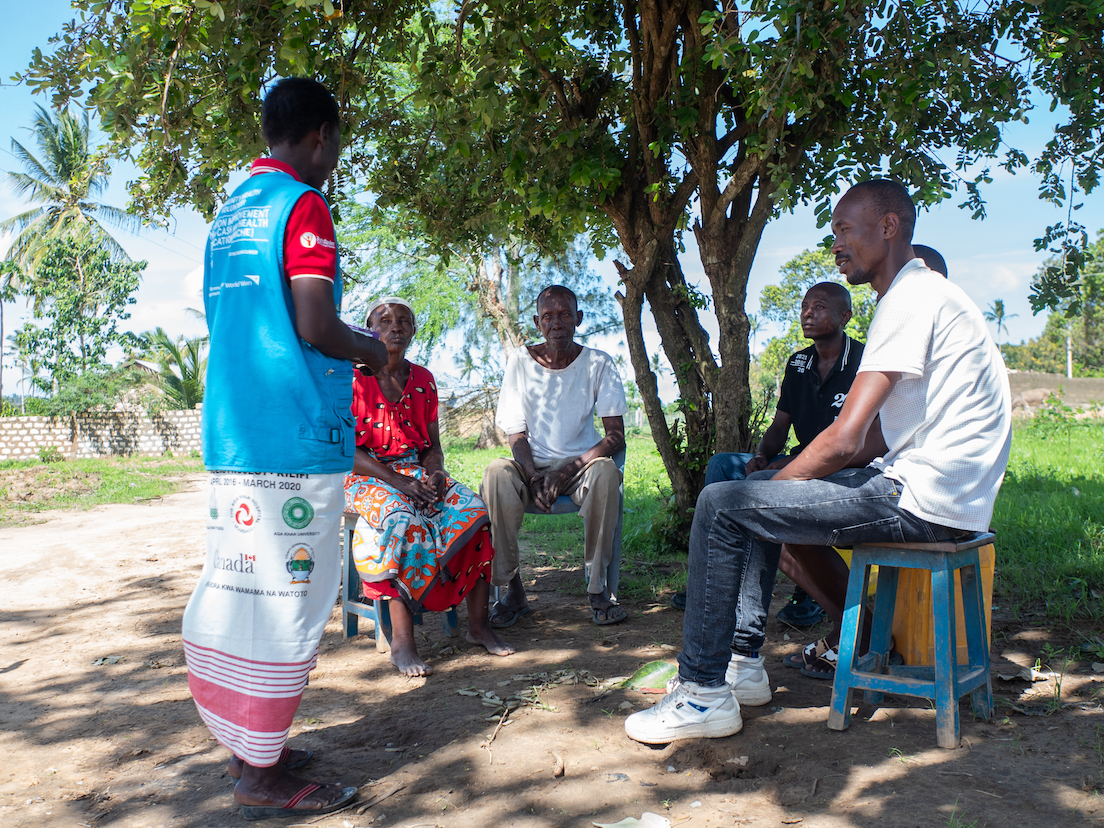
“It was not easy to change the mindset of this community because of the cultural beliefs that had been holding them back for a long time. Most men in this community did not actively take part in raising children and ensuring that their nutrition is well taken care of. But through continued engagement with the community members, we were able to change the mindset of men and now they regularly attend our training sessions on effective parenting ,” says Felistar.
Kelvin’s father, Kahindi, notes that after attending one of the meetings, he realised how important it is for him to provide a conducive environment for the growth of his children by practising positive parenting.
“In the meeting, I learnt that the health of my son was an integral part of his development in the early life stages. It was after this meeting that I got to engage other men and teach them the same things that I was learning,” he notes.
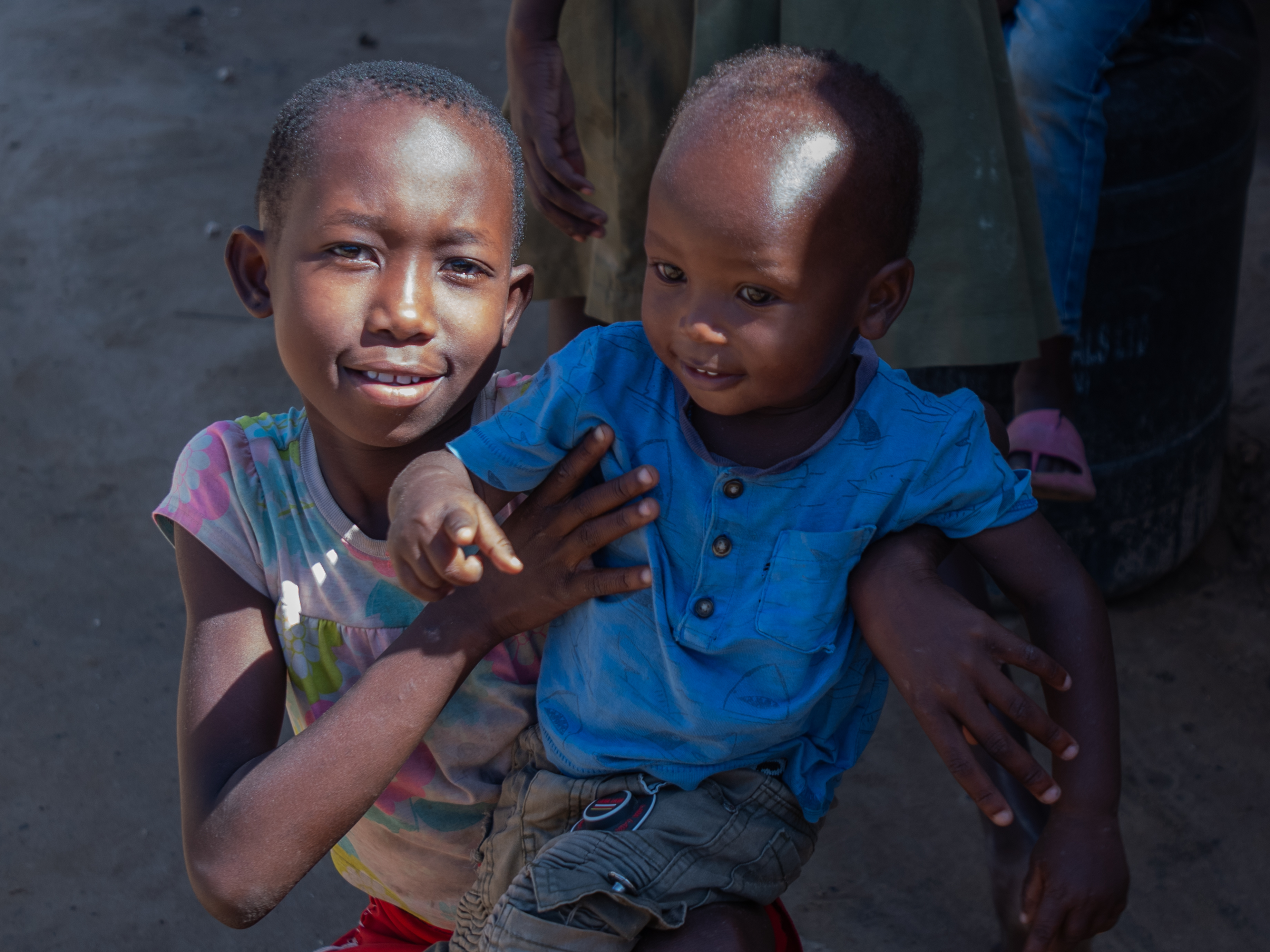
Through capacity building, Kahindi’s mindset was transformed. By saving the money he gets from casual jobs, he supports his wife to run their thriving poultry business and kitchen garden.
Kahindi’s acceptance and participation in meetings set the stage for more men to join meetings and cascade the lessons to their families. This has improved marriages, reduced cases of child violence and improved the overall well-being of children.